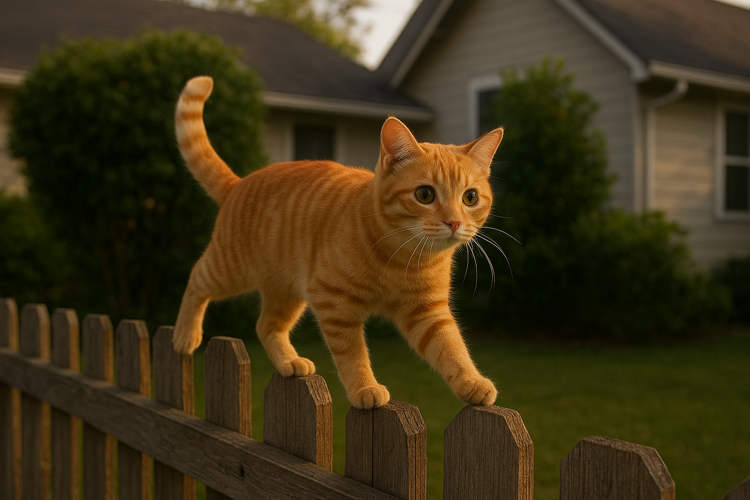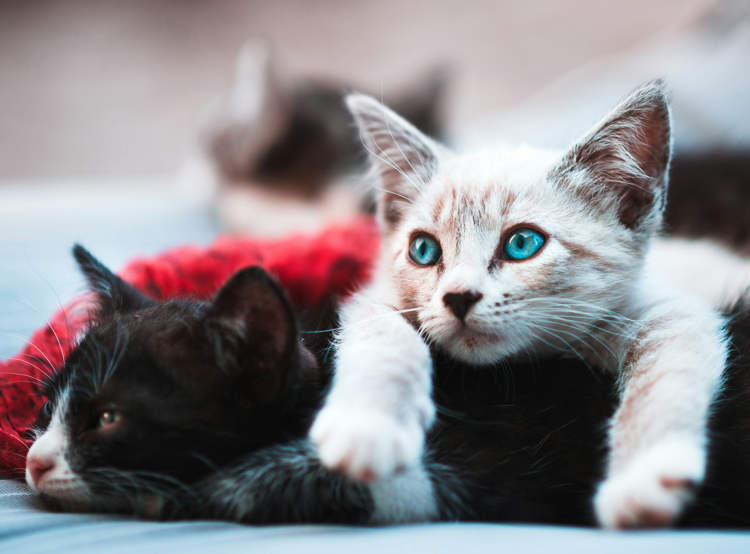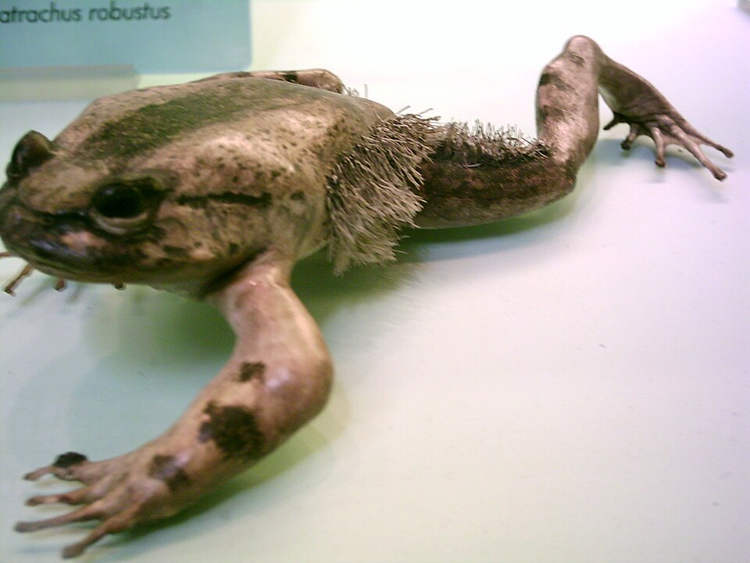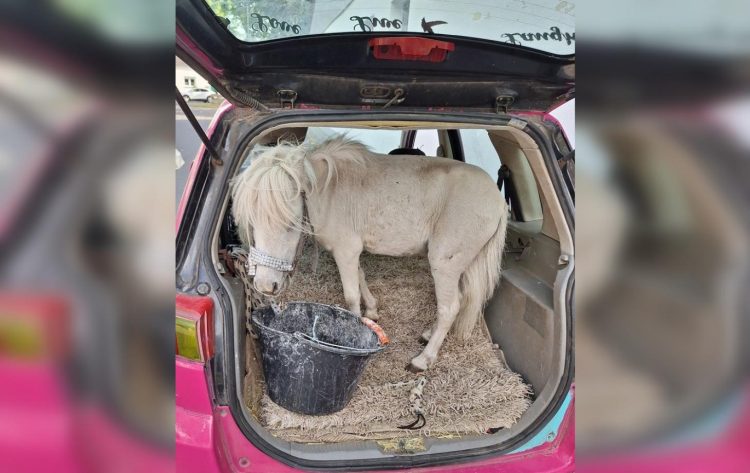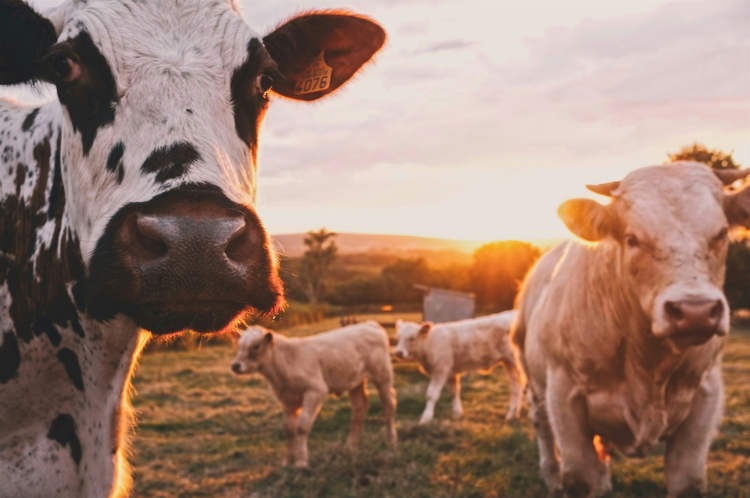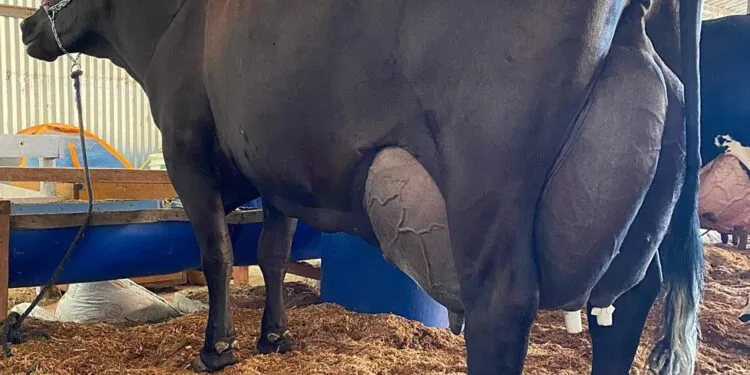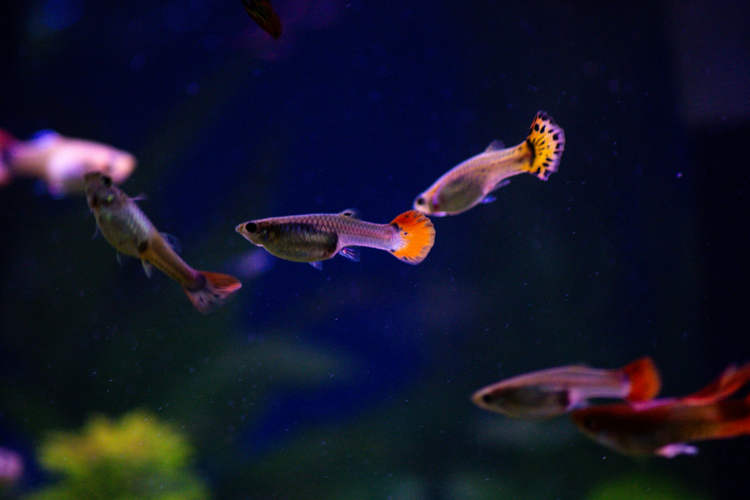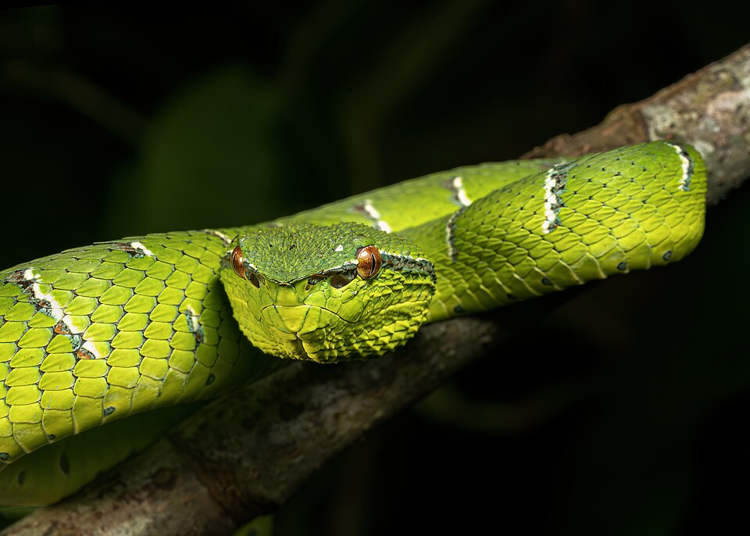Moremi Game Reserve, located in Botswana’s Okavango Delta, is home to a pride of butch lionesses with deep roars and bushy, luxurious manes. They look so much like male lions, they easily fool competing prides into believing that they’re actually males.
The maned lionesses are regularly spotted by visitors to the Mombo Safari Camp, an area within the Reserve where these wild beasts reside. Wildlife experts believe that the lion population in the area might have a genetic condition that causes the phenomenon. The seasonal flood waters of the delta could have isolated these lions for decades, forcing them to inbreed their way to a genetic mutation causing a hormonal imbalance.
When National Geographic contacted Luke Hunter, president of the big-cat conservation group Panthera, for answers, he explained that masculine females are likely to occur when the embryo is disrupted – either during conception or while in the womb. “If the former case, the genetic contribution of the sperm – which determines the sex of the fetus in most mammals – was probably aberrant, giving rise to a female with some male characteristics,” he said.

Photo: video caption
“Alternatively and perhaps more likely, the problem may have occurred during the gestation if the fetus was exposed to increased levels of androgens – male hormones such as testosterone,” he added. So if a pregnant lion has abnormally high androgens during pregnancy, there’s a high chance that her female offspring could end up with more masculine traits.
Situations like these are relatively more common in humans, but rarely observed in wild animals. But this isn’t the only case of lionesses sprouting manes. Science Alert reports that a similar phenomenon was observed with a 13-year-old lioness named Emma, who was bred in captivity at the National Zoological Gardens of South Africa. The zookeepers were perplexed when she began to grow a honey-colored mane in 2011, so they removed her ovaries and took skin biopsy samples to figure out the problem.

Photo: video caption/Canva
The biopsy results were normal, Emma definitely had female XX chromosomes as she was supposed to. But the ovaries contained the answer. “Surprisingly, the ‘ovaries’ that were removed only contained cells normally seen in the testicles of males,” said Adrian Tordiffe, in a press release. “After her ovaries were removed, Emma gradually lost her mane hair and returned to her normal female good looks.”
The maned lionesses of Botswana have a high chance of being infertile, but they aren’t ostracized by their kin. They actually play an important role in the pride – even though they’re treated as females within the group, they mimic males very well, tricking rivals into believing there are more males in the pride than there really are. So that enables them to defend a larger territory with minimal threat from neighboring prides.
Sources: National Geographic, Science Alert



